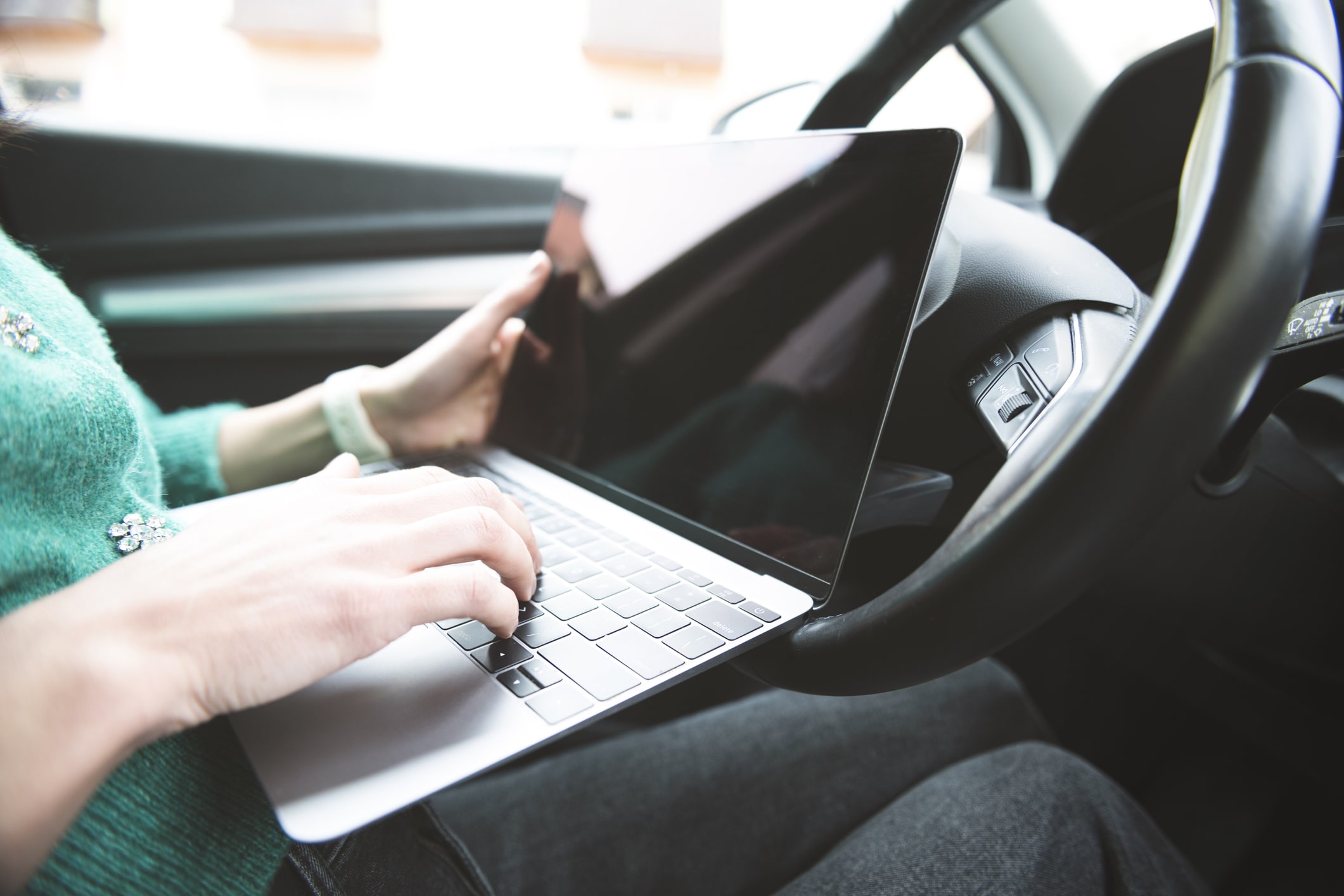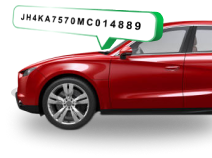Washington VIN Check


How to Perform a VIN Lookup in Washington?
Anyone considering purchasing a vehicle in Washington as a first-time or experienced buyer should never ignore the efficacy of a VIN lookup. Looking up a car using its VIN is always recommended, as it helps a buyer make an informed purchase decision and prevents them from falling into the hands of deceptive car sellers. A vehicle's VIN contains a 17-character alphanumeric code that uniquely identifies it and helps interested persons obtain associated information and history through VIN checks.
Washington law enforcement agencies and courts can request certified copies of a vehicle record from the state's Department of Licensing (DOL) via email, making sure to include the car's VIN and other necessary details in the email. While the DOL only entertains vehicle record requests from the courts and law enforcement, interested members of the public can look up any Washington-registered vehicle online using a trusted third-party website like GoodCar. The vehicle record search service offered by GoodCar allows anyone with a car's full VIN to search its database for information and history reports on any vehicle registered in the United States, including those in Washington.
Why Should I Run a wa VIN Check?

Do not completely rely on a vehicle's appearance or any information from a dealer or private car seller while buying a car, especially a pre-owned vehicle. Looks can sometimes be misleading, so do not make a buying decision solely based on a car's physical appearance. Understanding its condition before making payments is crucial to avoid acquiring a liability. With a VIN lookup, you can gain insights into a car's condition in Washington, which will help you make an informed buying decision. In addition, a VIN lookup can help anyone looking to purchase a vehicle to compare multiple cars and then settle for the best. Vital reasons you should consider running a Washington VIN lookup are further discussed below.
Any vehicle with one or more significant defects that have undergone a reasonable number of attempts to repair or diagnose issues covered under the manufacturer's warranty qualifies as a lemon. The Washington State Lemon Law is one of the most comprehensive in the United States. It protects vehicle owners by allowing those with significant continuing problems with warranty repairs to request arbitration hearings through the Administration of Attorney General's Office. However, they can only make these requests within 30 months of the car's original retail delivery date for issues not caused by abuse, neglect, or modification after the original retail purchase. The state lemon law covers most classes of new vehicles weighing less than 19,000 lbs and originally bought at retail with serious safety and nonconformity defects.
For a car defect to be covered under the Washington State Lemon Law, there must have been at least one diagnosis or repair attempt during the Lemon Law's eligibility period and under the manufacturer's warranty. While the law's eligibility period is not a set time frame, it is usually shorter than a car manufacturer's warranty, which must cover at least 12,000 miles or 12 months. Anyone who owns a vehicle that qualifies as a lemon may receive a replacement vehicle or refund (at the owner's option) if they prevail following an arbitration.
The need for a VIN lookup when shopping for a used vehicle in Washington cannot be overstated, as it can disclose if a preowned car is a lemon. Anyone who buys a lemon outside its warranty and the state's lemon law eligibility period may have to spend their hard-earned money on costly repairs.
Why Choose GoodCar for Washington VIN Lookup?
Requesters can benefit from extensive vehicle records and reports as they obtain information from accredited data providers like the NMVTIS. GoodCar also illustrates theft checks, collision records, recalls, flood, hail, or fire damage, and pricing.
Washington Resources
-
Who Issues A Vehicle's Vin Number In Washington?
All registered vehicles in Washington bear the vehicle identification numbers assigned by their manufacturers.
-
How do I verify a VIN in Washington?
To verify a car's VIN in Washington, use any reliable third-party VIN lookup service like GoodCar.
-
Is it safe to check a Washington VIN online?
Yes. Checking a VIN online in Washington is safe. While the VIN can be accessed by the public, all associated personally identifying details are not publicly accessible
-
Do I need a VIN inspection in Washington?
A VIN inspection is not mandatory in Washington. However, if you need a VIN inspection, a licensing agent will inform you when applying for a title. In addition, if there is a problem with your car's VIN, the state's Department of Licensing may send you a letter directing you to an inspection by the Washington State Patrol (WSP). In most cases, the DOL requests VIN inspections in a bid to deter car theft and trafficking of stolen vehicle parts. Vehicles that may require VIN inspection in the state include the following:
- Vehicles reported stolen
- Homemade vehicles
- Vehicles rebuilt after being destroyed or classified as a total loss by insurance companies.
- Other vehicles with no proper VINs
-
Are Washington VIN checks necessary for out-of-state vehicles brought into Washington?
An out-of-state vehicle brought into Washington will only require a VIN inspection if it is homemade, insurance-damaged, or branded as salvage or rebuilt. In some instances, the DOL may also request a VIN inspection on an out-of-state vehicle whose ownership is in doubt.
-
What does a Washington VIN check reveal?
A Washington VIN lookup can reveal many things about a car. For instance, it can disclose a vehicle's specifications (make, model, year), transmission type, body style, title history, accident history, theft records, repair history, and natural disaster-related damage.
-
Can you ask for the VIN from a Washington seller?
Yes. There is nothing wrong with asking a seller for the VIN of a vehicle you intend to purchase in Washington. You will largely need the VIN to look up the vehicle's history, which will enable you to make an informed buying decision.







